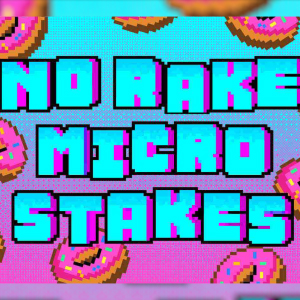California Tries Again
9 years ago
03 Mar
In the week that PokerStars finally announced a date for their return to the US online market courtesy of the New Jersey state regulators (March 21st as you can read in our article here) the Golden State of California will see yet another attempt made to legalise poker within its borders.
Bill AB2863 introduced by Assemblymen Adam Gray and Reggie Jones-Sawyer, would “authorize eligible entities to apply for a seven-year license to operate an authorized poker web site offering the play of authorized Internet poker games to registered players within California, as specified.”
It comes on the back of a ‘pulled’ bill, AB167, also introduced by Jones-Sawyer, which was supposed to have had a hearing in the first week of 2016. According to Brian Pempus at CardPlayer.com, the bill was seen as “favorable to racetracks and PokerStars, two potential players in the California intrastate web poker market that some tribal gaming groups don’t want to be dealt a hand.”
It also follows a disappointing 2015, where, as reported on PokerTube:
The California state legislature closed its doors without any additional advancement for the legalization of online poker. This officially marks the seventh year that the state has debated but failed to pass legislation regarding legalization.”
The new bill, AB2863, seeks to get around some of the problems faced last year by apportioning up to $60million of revenue annually to the racetracks, with the proviso being that racetracks will not have access to the online market – only the tribal casinos and cardrooms would have this access.

The Bill also outlines the minutiae which always accompanies such laws being proposed and passed, for example that ‘entities’ seeking to gain a real-money poker licence “ shall have operated its land-based gaming facility for at least five years immediately preceding its application to secure a license to operate an Internet poker Web site … and shall be in good standing during that time period with the applicable federal, state, and tribal regulatory authorities.”
In line with New Jersey, online sites such as PokerStars would be able to operate in partnership with bricks-and-mortar casinos, of which there are more than 150 state-wide, split fairly evenly between tribal casinos and others.
The new proposed legislation “would require the first $60,000,000 collected each fiscal year pursuant to the license deposit and quarterly fees provisions to be deposited into the California Horse Racing Internet Poker Account, which the bill would establish in the General Fund,” and “would continuously appropriate 95% of the funds in the account to the California Horse Racing Board for distribution, as specified, and would transfer five percent of those funds to the Fair and Exposition Fund, a continuously appropriated fund.”
The Bill details where and how the majority of these funds would be disbursed, with jockeys, employees, and many other beneficiaries from within the racetrack industry.
The main stumbling blocks to California’s poker legislation bids have apparently been the ‘bad actor’ clause (which effectively disallows certain huge companies and individuals who had continued to operate in the US after the UIGEA Act was passed) and the fact that a strong lobby of native tribes have consistently opposed the idea of racetrack gambling being legalised.
In seeking to overcome these objections, the new Bill hopes to see a market with an estimated annual revenue of well over $300 million being tapped, which is dwarfed by the tribal gaming industries annual figures of $7 billion+, although it is not too far behind the estimated $850 million revenue from card rooms in the state.
As with New Jersey, there is often talk about pooling players and sites across state boundaries, but this would also be something far in the future for California should the new Bill make its way through the various stages. If it does, one of your author’s 2016 predictions at least will have come to fruition!






Comments
You need to be logged in to post a new comment